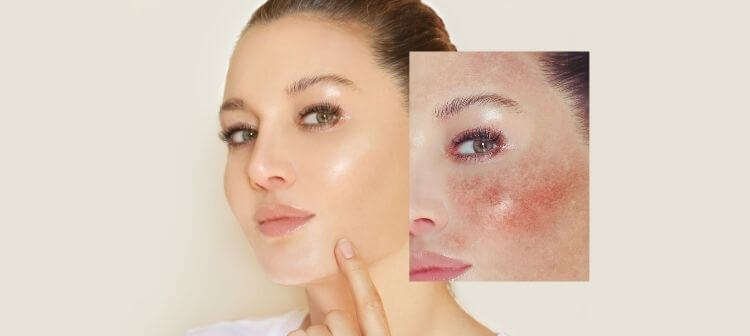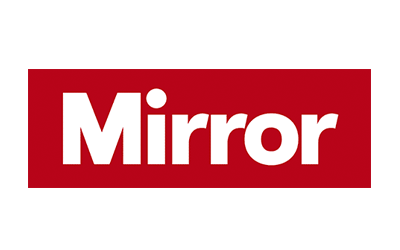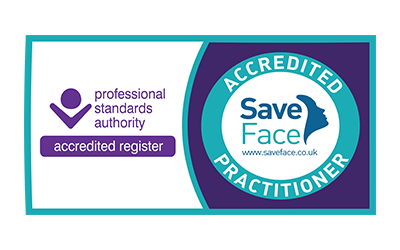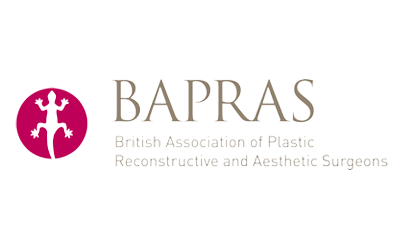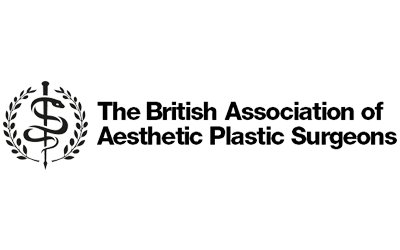Most of us are welcoming the warmer Springtime weather, but if you suffer from rosacea then you might be dreading the higher temperatures and increased humidity as it can signal a rosacea flare-up.
Rosacea is an ongoing skin condition but is often prone to aggravation during the Spring. It is characterised by episodes of flushing where the skin turns red due to increased blood flow and dilation of the blood vessels. This increased redness is often accompanied by dry skin or burning and stinging as well as visibly broken blood vessels.
Episodes of rosacea can be exacerbated by a whole host of triggers and seasonal changes are a common factor. In a survey of common rosacea triggers, the weather plays a significant role. Sun exposure was cited as a trigger by 81% of respondents, hot weather by 75% and wind by 57%.
Other common rosacea triggers
There has been no one cause of rosacea that has been established, but there are several common factors that have been identified as triggers:
Certain foods and drinks
Often the first measure to prevent rosacea flare-ups is addressing diet. Some of the food and beverages that can trigger a rosacea episode include cheese, chocolate, soy sauce, citrus fruits, spicy foods, alcohol and hot drinks.
Skincare products
Ingredients in your skincare products you should watch out for include alcohol, acetone, witch hazel, fragrance, glycolic acid and lactic acid.
Weather and temperature factors
Avoid hot baths, saunas, hot tubs or any very warm environments. Cold, strong winds or high humidity are also possible triggers. Sun exposure is listed as the most common factor in rosacea flare-ups so wear a high factor sunscreen and cover up with hats and other clothing.
Physical or emotional causes
Exertion during exercise or any other physical activity can increase the chance of a flare-up. Similarly extreme emotion, particularly stress, is indicated as a factor.
Medications or medical conditions
Certain prescription medications can increase the chance of a flare-up, such as vasodilators and topical steroids. Rosacea has also been linked with inflammatory or immune system conditions and often presents during the menopause.
Treating rosacea
The inflammation associated with rosacea can be treated with oral antibiotics such as tetracycline or a topical medication. The facial flushing and broken capillaries can be treated with VBeam that delivers an intense but gentle burst of light that selectively destroys the haemoglobin in red lesions and visible veins without damaging the surrounding skin and tissue. You can expect about a 20% reduction in redness after one treatment and an improvement in overall skin quality.
For more advice on managing rosacea and effective non-surgical treatments, call 0207 432 8727 or email enquiries@karidis.co.uk to arrange an appointment.
